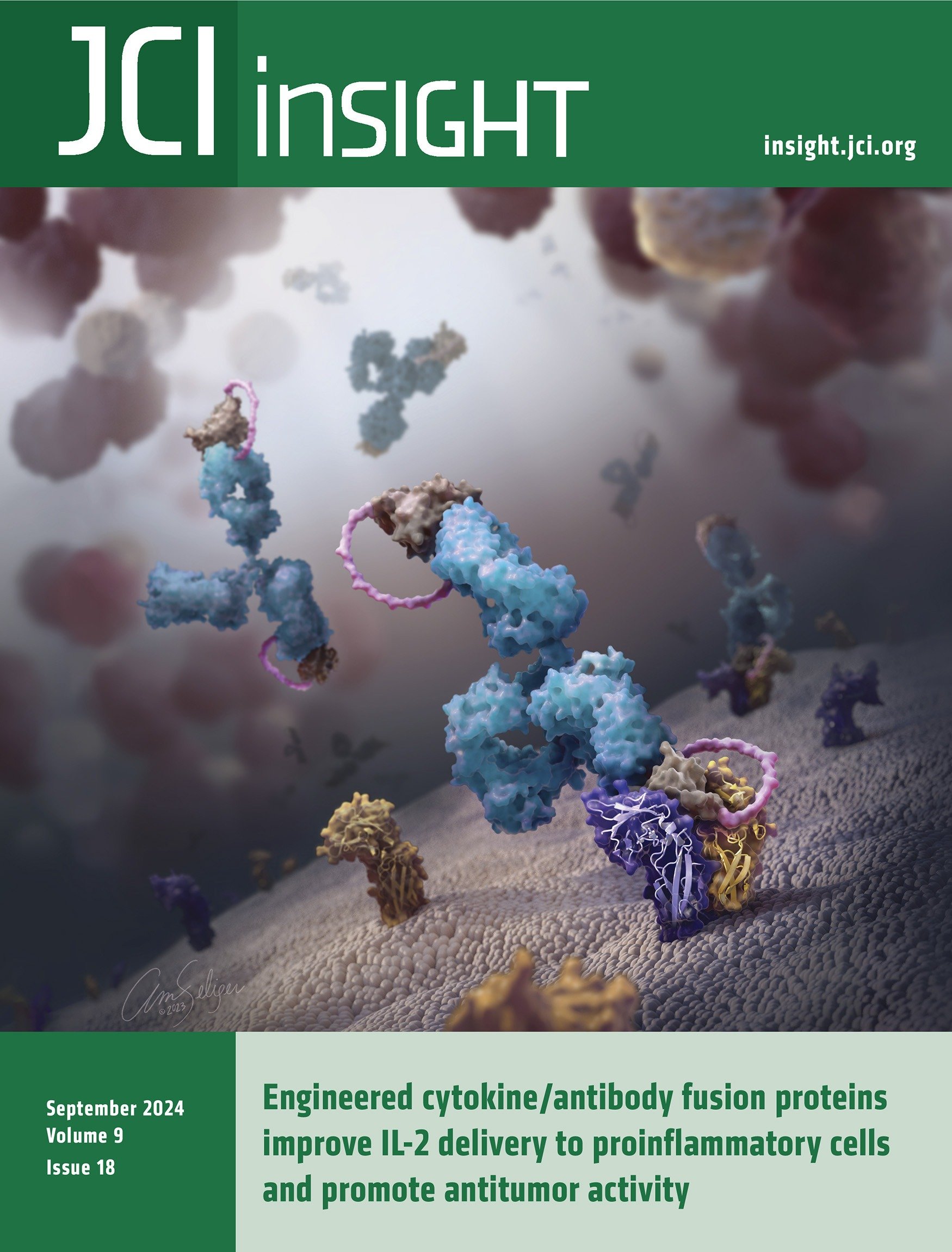The research discoveries discussed in the article were completed in the Spangler Lab, led by Jamie Spangler, the William R. Brody Faculty Scholar and an associate professor of biomedical engineering and chemical and biomolecular engineering at Johns Hopkins.
The study’s lead authors are Jakub Tomala, a research assistant professor in the Spangler Lab, and former postdoctoral fellow Elissa Leonard, who is currently a senior scientist at ModeX Therapeutics. Collaborators from the Johns Hopkins School of Medicine, the National Heart, Lung, and Blood Institute (NHLBI), and the Institute of Biotechnology of the Academy of Sciences of the Czech Republic also contributed to the work.
The study’s purpose was to develop a roadmap for the design and translation of cytokine/antibody fusion proteins. The researchers honed in on the interleukin-2 (IL-2) cytokine, a protein that can stimulate immune cells to fight off cancer. While promising for cancer treatment, IL-2 cytokines have a short half-life and can cause toxic side effects in patients. To address this, the scientists engineered next-generation proteins, called “immunocytokines,” by fusing IL-2 cytokines with anti-IL-2 antibodies. According to the researchers, this combination dramatically improves cytokine retention, enhancing the immune system’s ability to attack cancer cells without harming healthy cells.
Read the journal article here.

